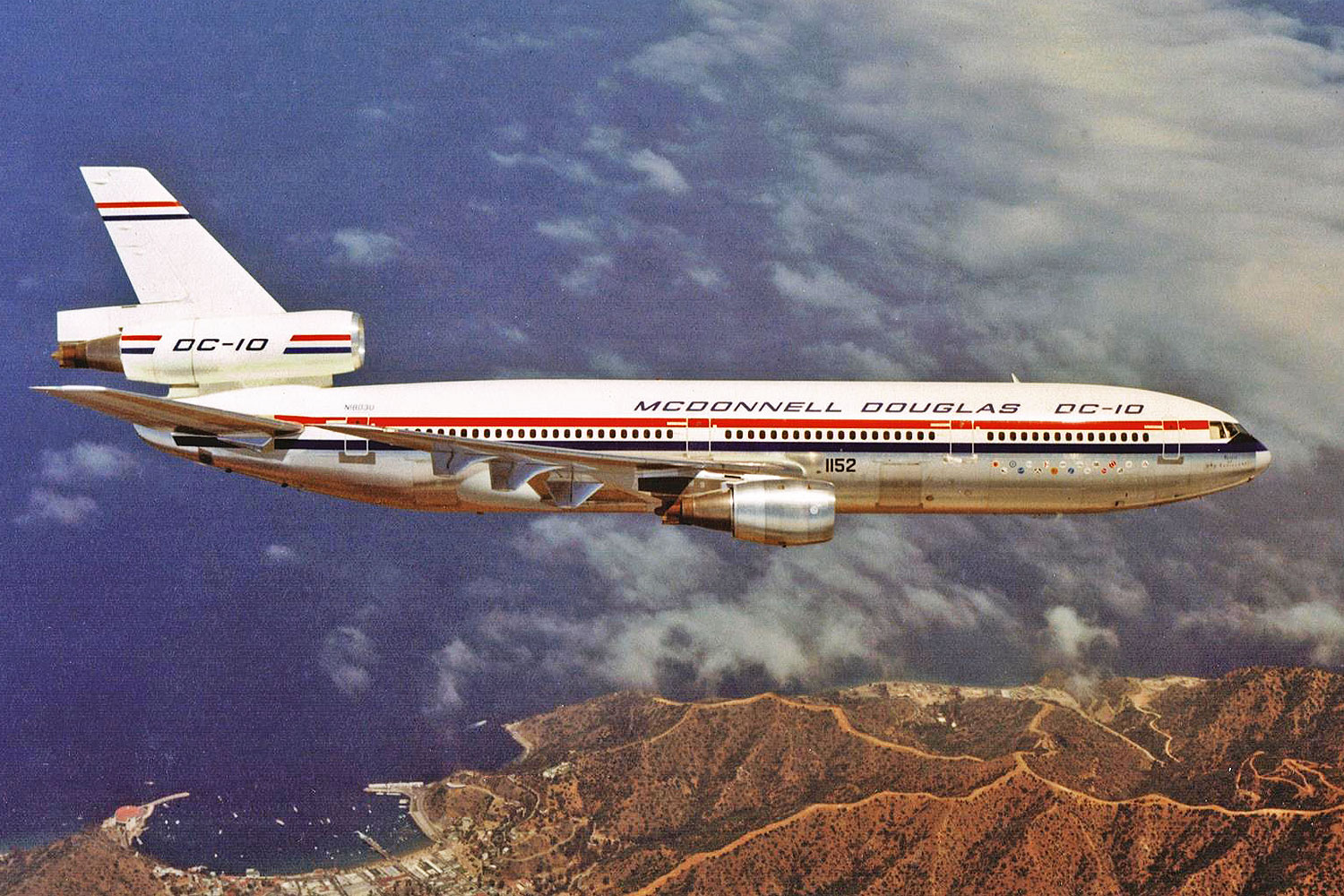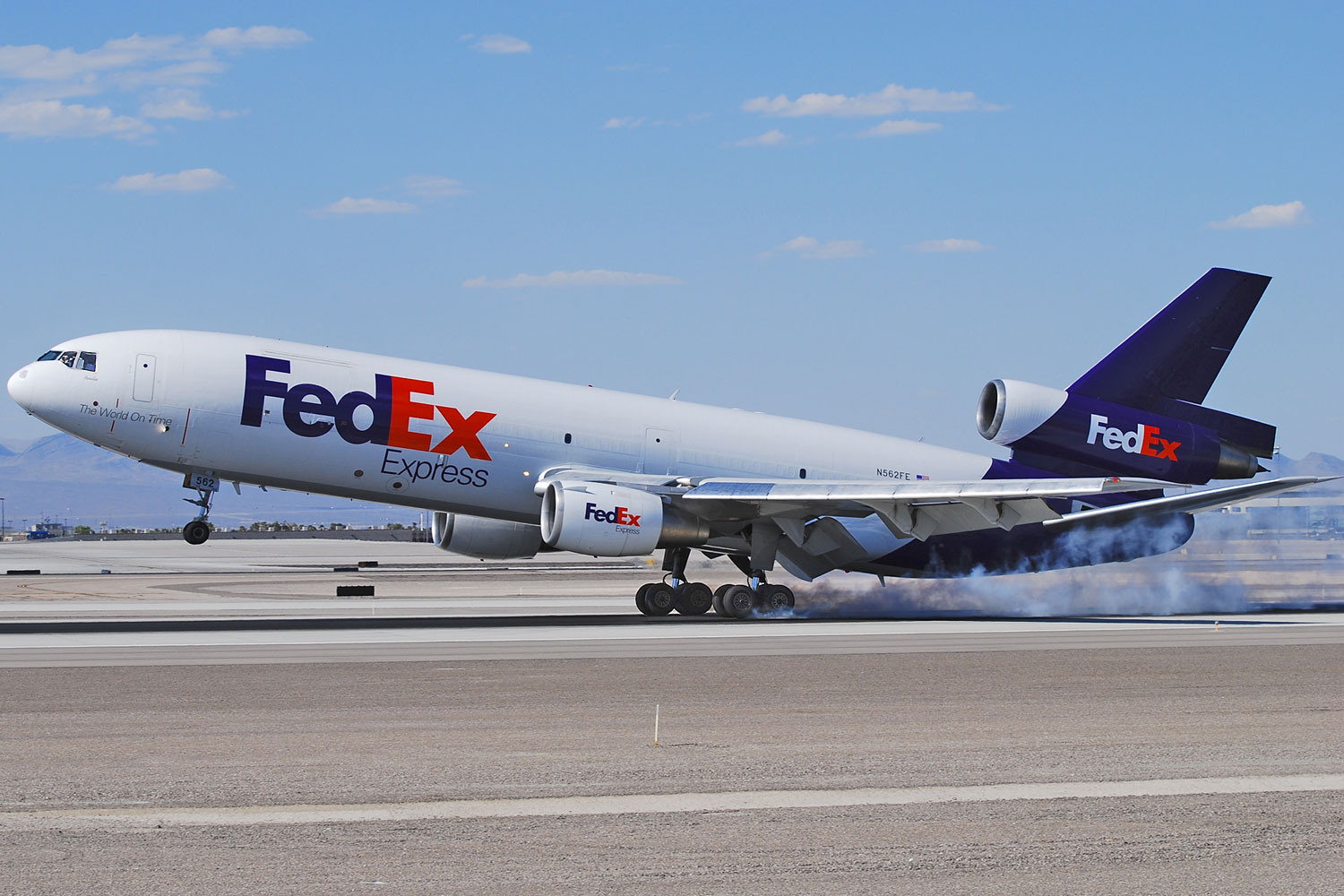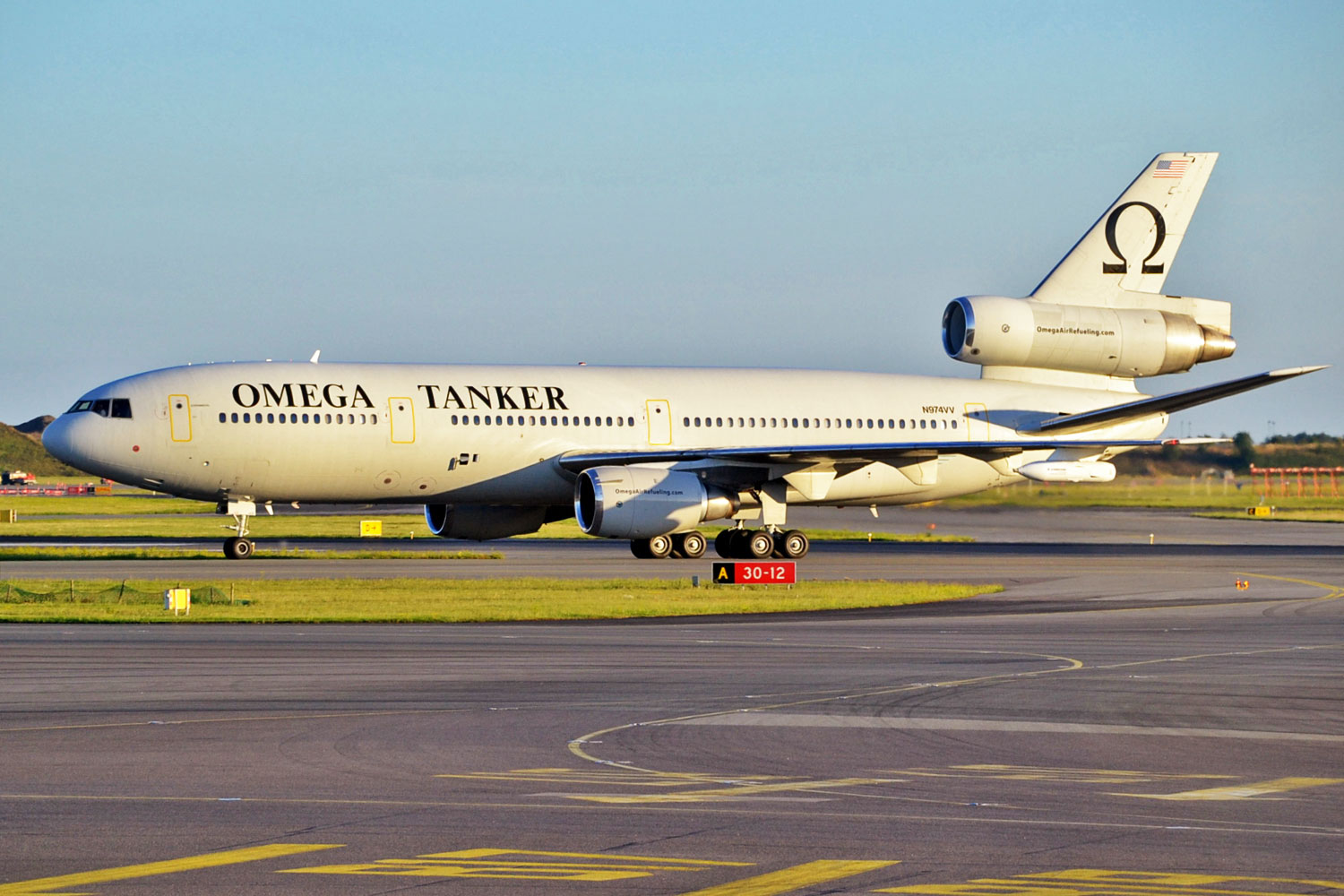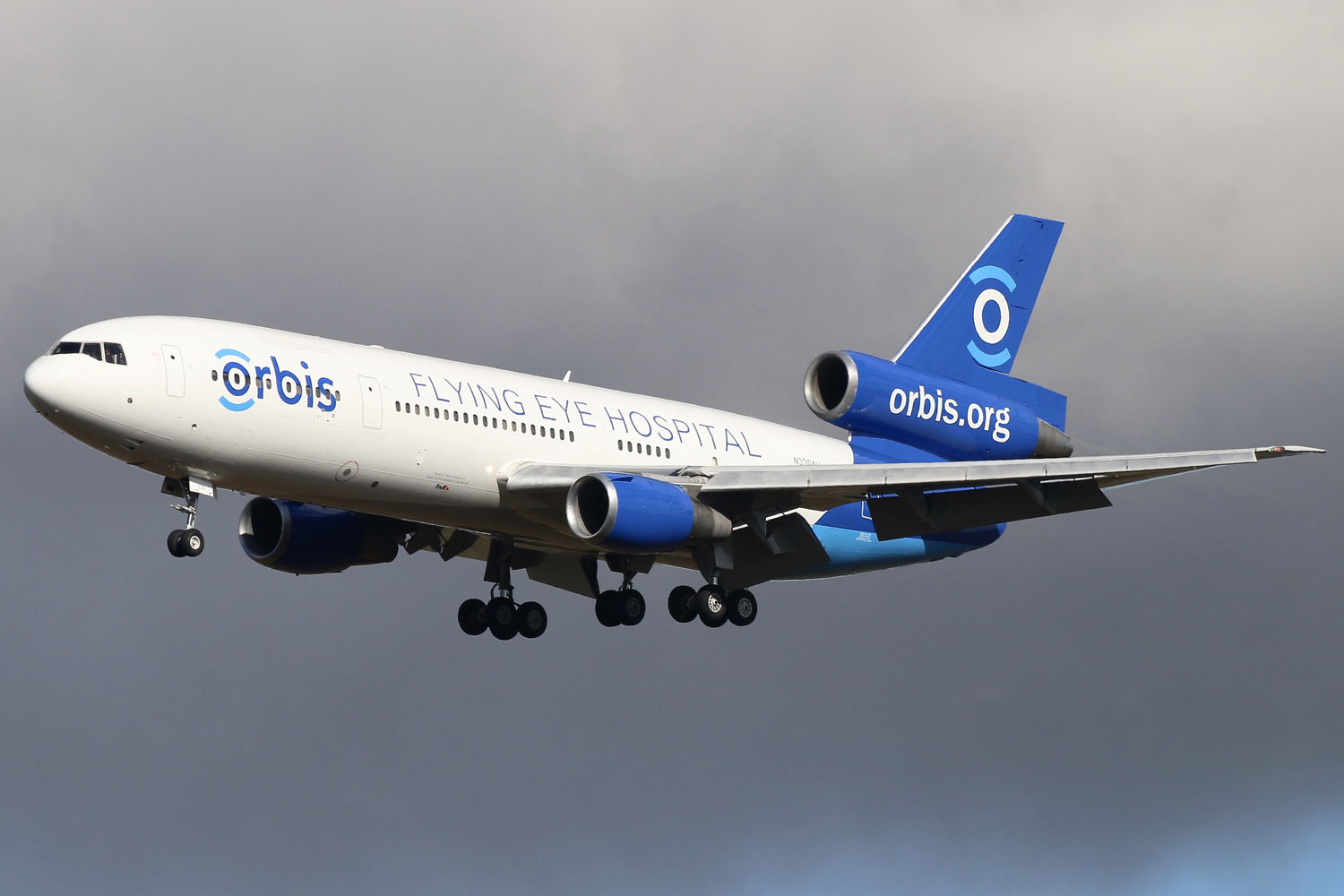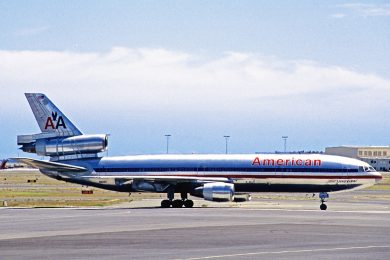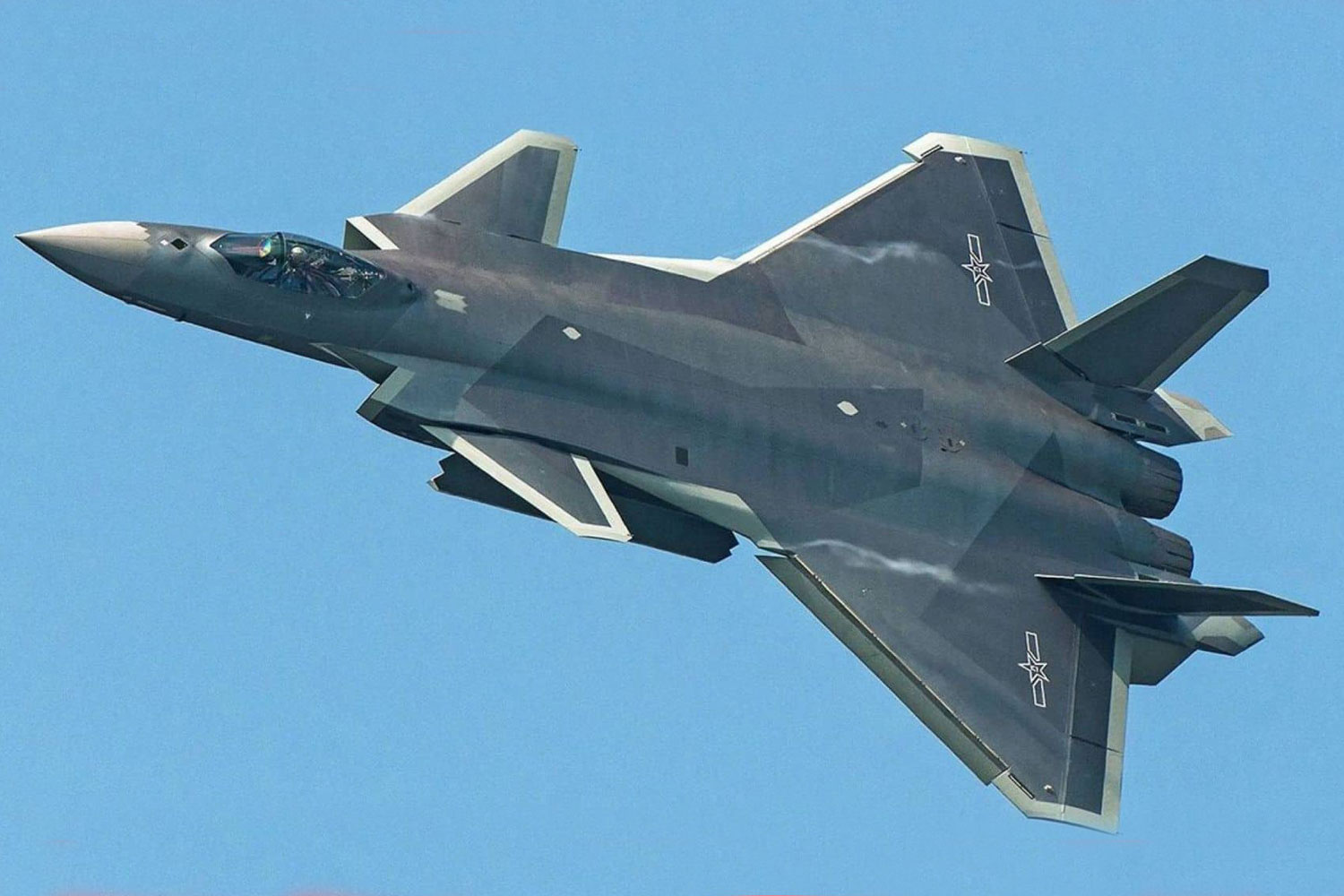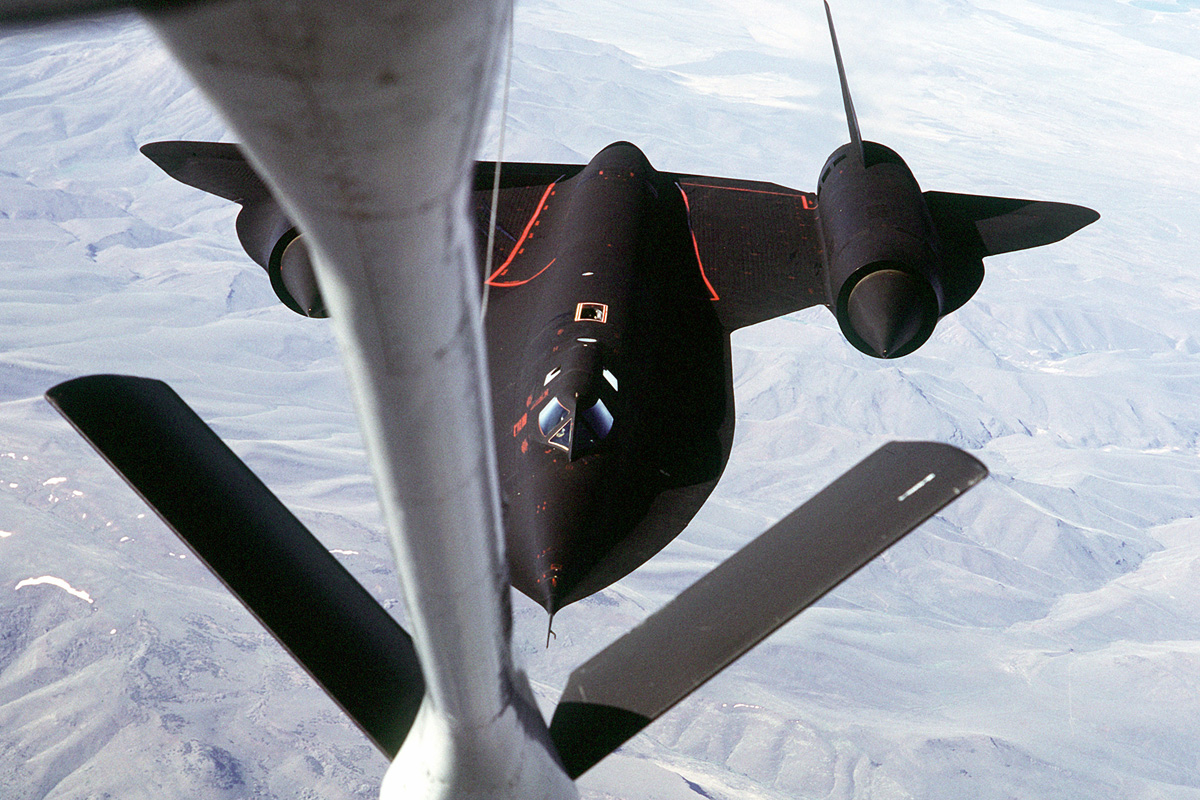In August, it will be 50 years since the entry into service of the DC-10, one of the world’s first widebodies jets.
The McDonnell Douglas aircraft (taken over by Boeing in 1997) began flying commercially on American Airlines just a year after the maiden flight.
However, the tri-jet had a difficult career after a serious accident in May 1979 at Chicago Airport and ended up with only 386 aircraft delivered in addition to another 60 KC-10 air refueling military variant.
Despite this, the DC-10 has become a very reliable and capable jet and half a century after the first flight it is still possible to find active aircraft around the world.
This month, FedEx, the widebody’s largest customer, ended operations with the MD-10-10F, a conversion of the DC-10-10 from passenger to cargo. The last aircraft of the fleet, the N562FE registration, was taken out of service on June 4 and flew to Victorville Airport in California.
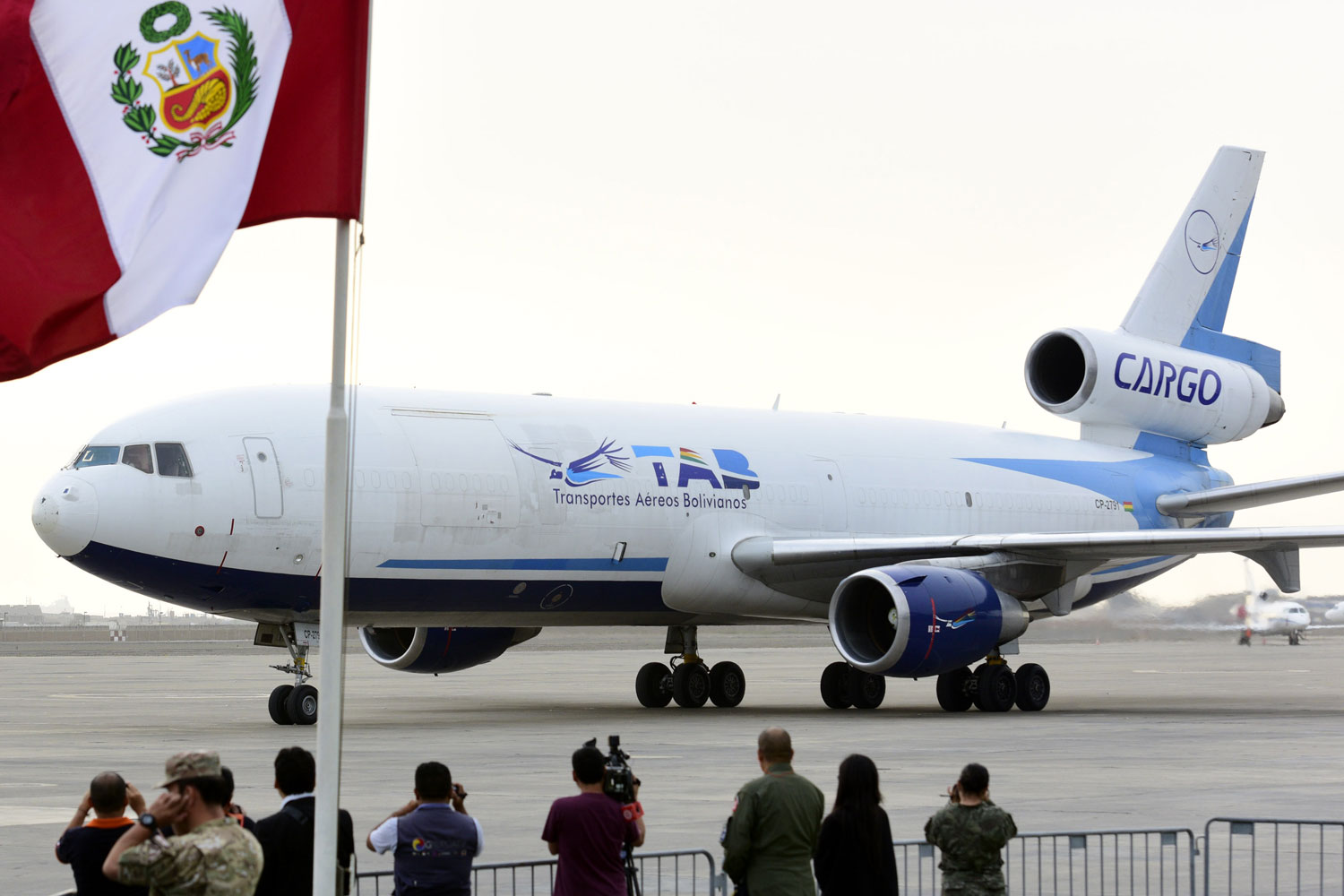
The freighter airline, however, continues to use another 13 MD-10-30F, also a converted DC-10, but of the longer-range variant. The company, howeber, plans to retire all MD-10 by 2022.
Besides FedEx, only TAB Cargo, from Bolivia, uses the DC-10 as a freighter. Another four aircraft are operated in the firefighting tasks by the 10 Tanker Air Carrier.
The two remaining DC-10s that were active in June are used for special services. Omega Air owns the rare civilian DC-10-40 equipped for aerial refueling being contracted by air forces to execute missions.
The company has three other planes of the type, but which are currently stored, plus a DC-10-30 purchased from the Royal Netherlands Air Force equipped with an air-to-air refueling boom.
Finally, there is an MD-10-30F that for 10 years has been used as an air hospital by the Orbis Project and which provides eye care.
KC-10 Extender
Not counting the civilian DC-10 there are still several KC-10 still operational in the US Air Force. Last year, the first of these jets was retired as the KC-46, a Boeing 767-200 designed for this mission, went into operation.
According to Planespotters, there are still 56 active KC-10 Extenders in the USAF, but these are expected to phase out gradually over the next few years, making it increasingly rare to see the tri-jet silhouette in the skies of the world.
